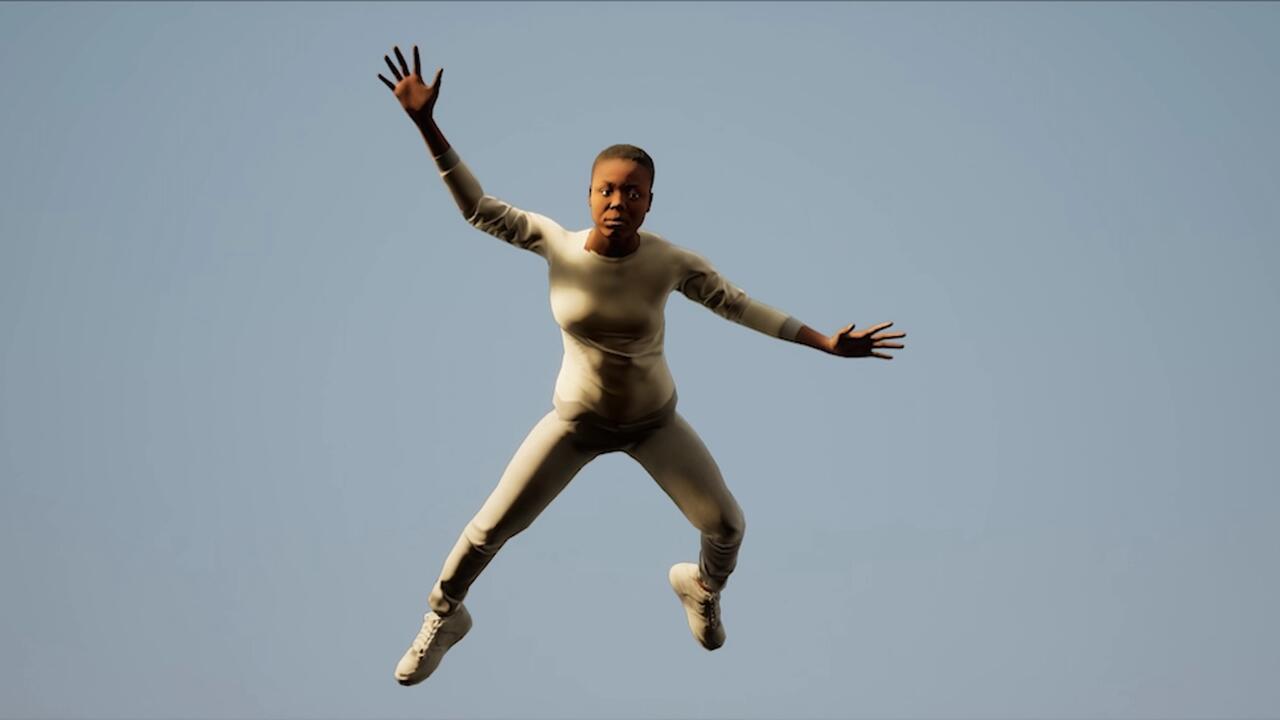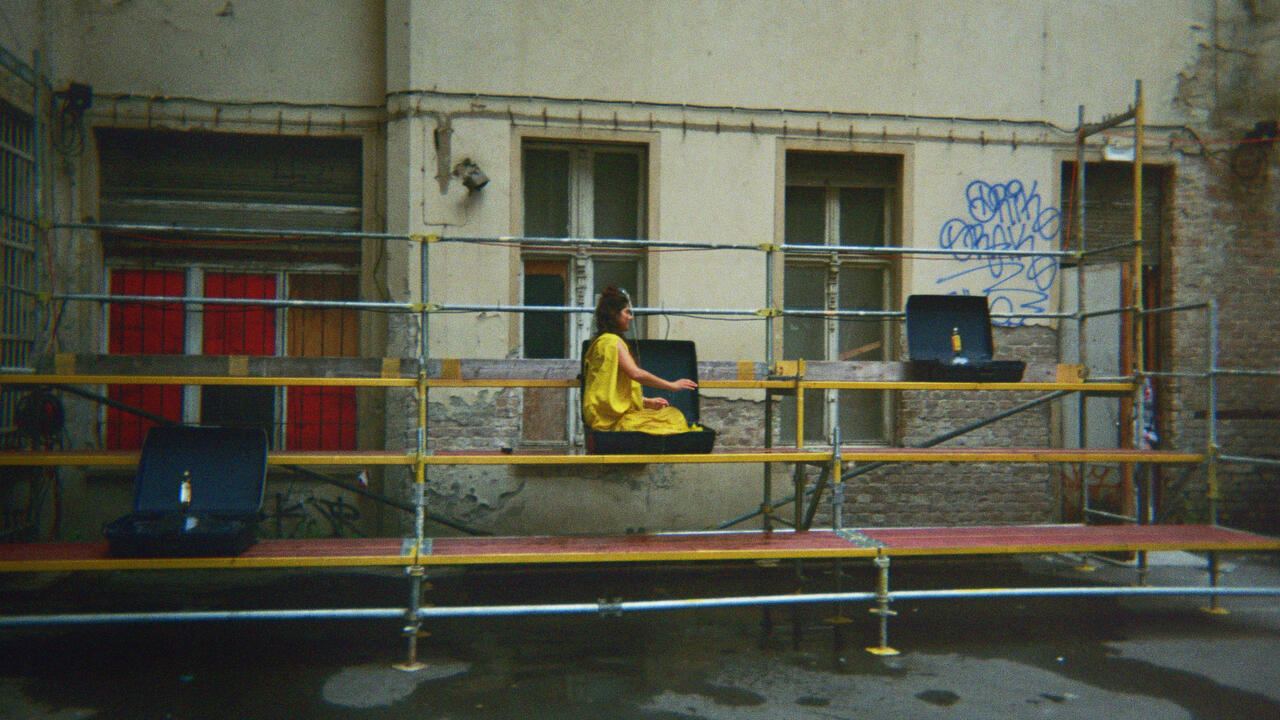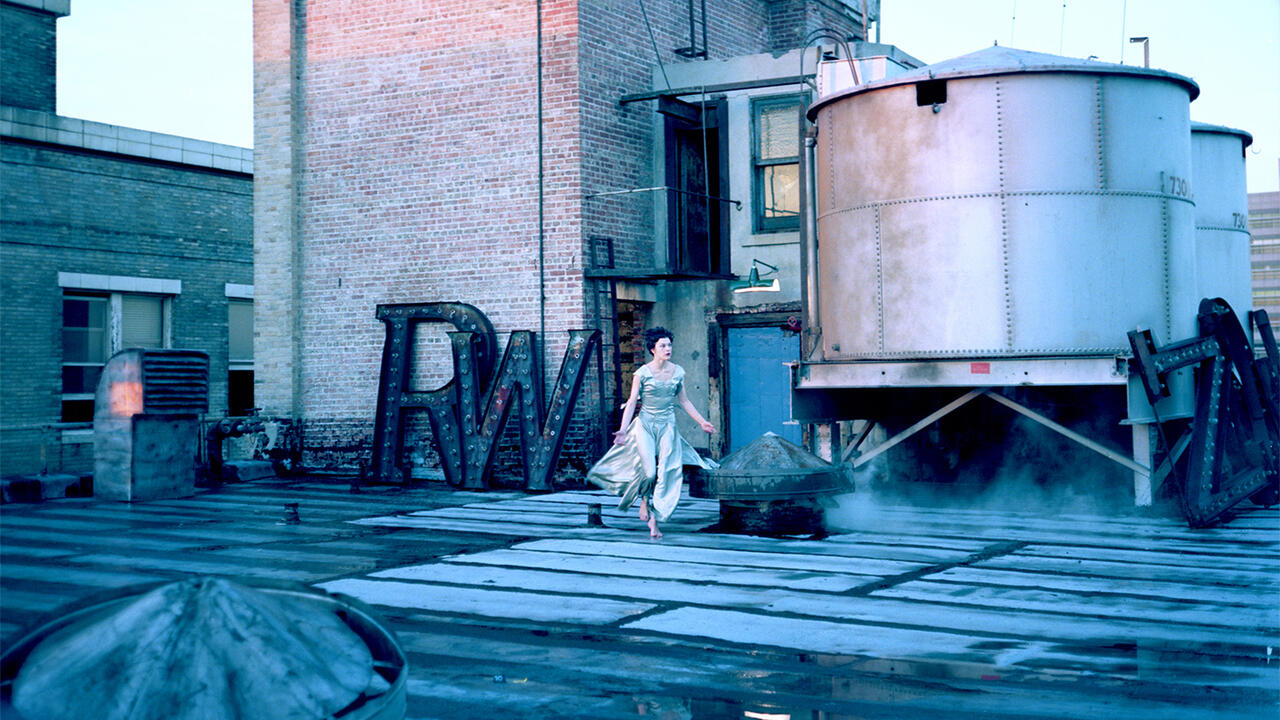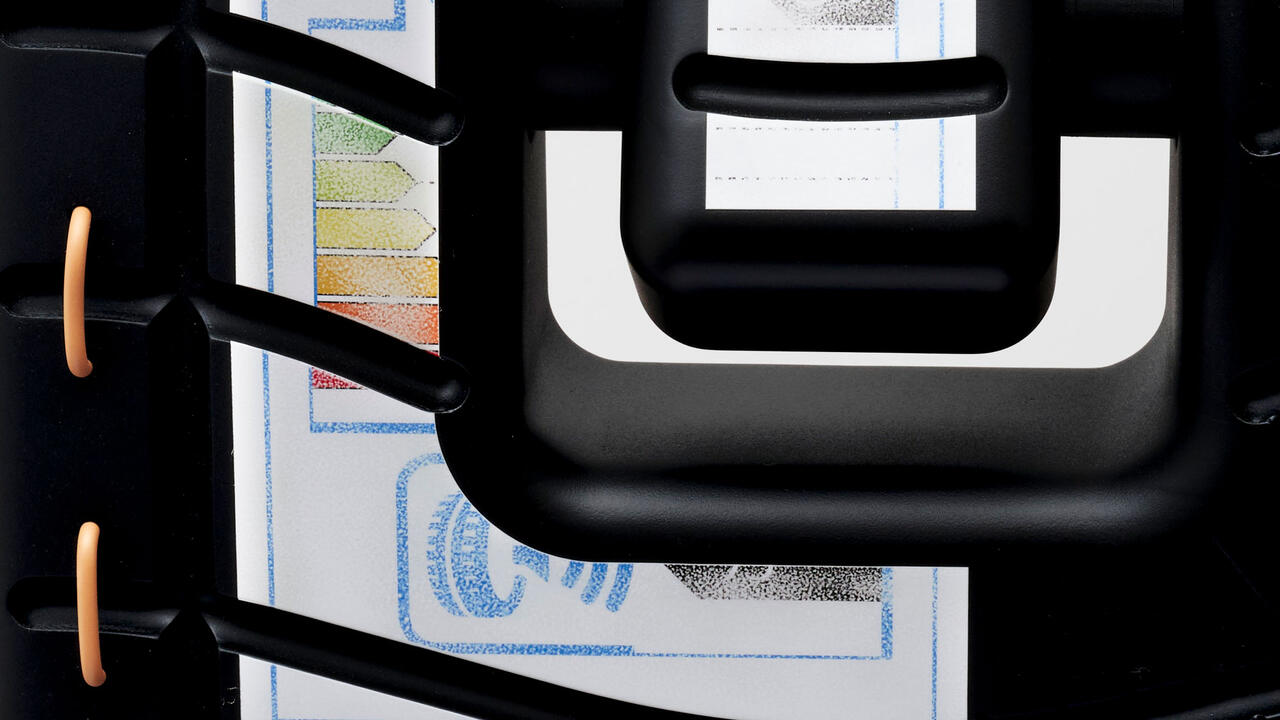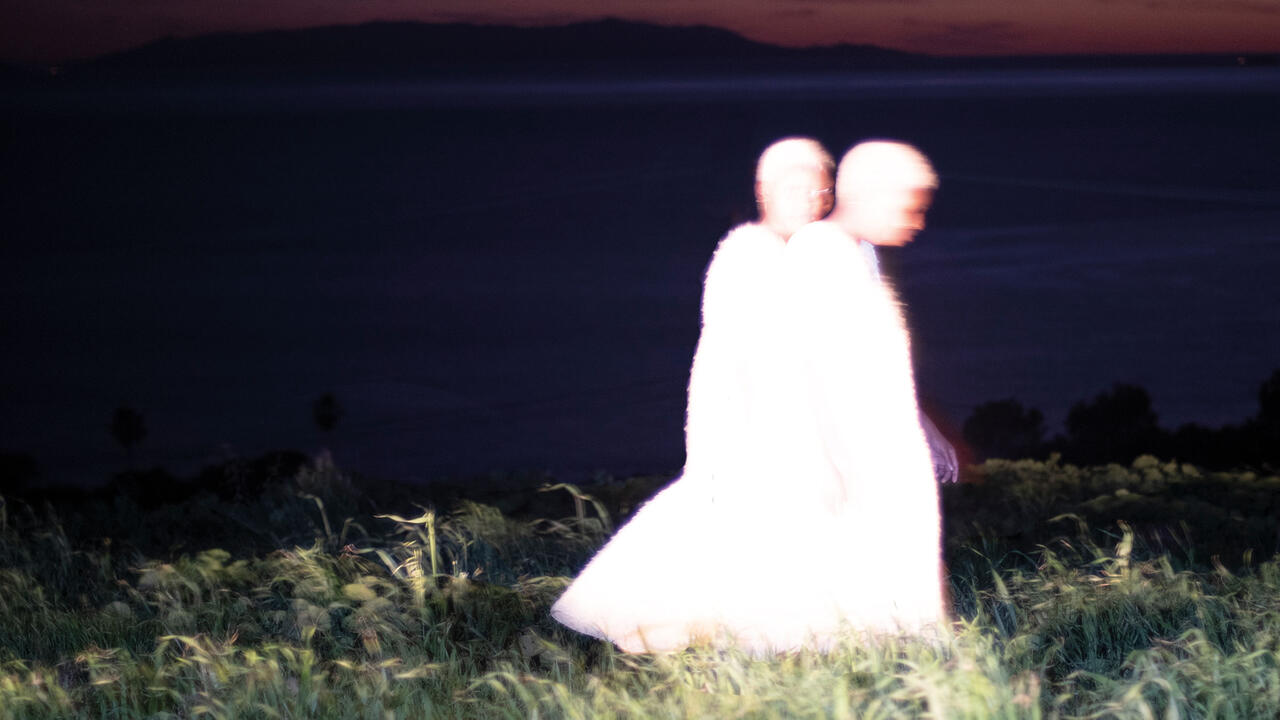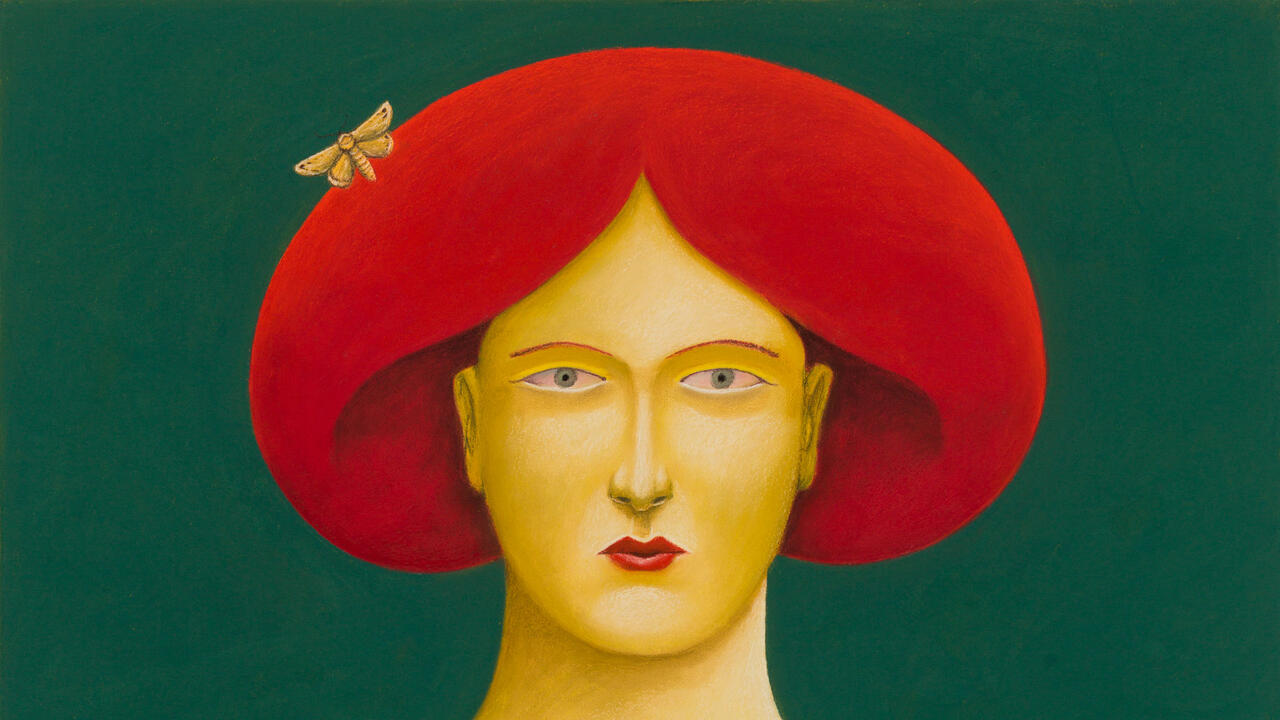‘What is Democracy?’ Argues Why Political Justice Must be Built from the Ground Up
From 14th-century frescos in Siena to a refugee camp in Greece, Astra Taylor's new documentary examines the corrosion of electoral politics
From 14th-century frescos in Siena to a refugee camp in Greece, Astra Taylor's new documentary examines the corrosion of electoral politics

Canadian-American filmmaker and writer Astra Taylor’s new documentary poses an unapologetically big question, but it’s one that few would deny desperately needs serious consideration at the moment. The implicit answer to What is Democracy? – if we may be permitted an unsurprising spoiler – is that majority rule and broken systems of representation across the West are entirely insufficient. The film received its London premiere on 11 November at the ICA, less than a week after the US midterm elections; a mess of democratic participation and non-participation in which, Taylor reminded the audience in a Q&A after the screening, a dead pimp had been elected in Nevada on the Republican ticket. ‘When you see something like that, sortition [selection through the casting of lots] starts to seem like a tempting alternative,’ she said.
To make the case for a deeper and wider definition of democracy, Taylor travels across the US, to Italy with the Marxist-feminist scholar Silvia Federici to discuss Lorenzetti’s frescos in Siena’s Palazzo Pubblico, The Allegory of Good and Bad Government (1338–39), and to a Syrian refugee camp in Greece, adjacent to the home of democracy, to examine conceptions of people power, rights and freedoms across centuries and continents. Aphorisms from Plato’s Republic are stamped periodically as informal chapter titles, and the action roams from interviewing schoolchildren in Florida’s poorest districts – where crowdfunding to buy textbooks is not uncommon – to the ancient Agora of Athens, to public intellectuals like Cornel West and Angela Davis unpicking the limits of a narrow definition of democracy.

Taylor’s left-wing colours are worn firmly on her sleeve – there is a slightly glib ‘look at these idiots’ series of vox-pops with unnamed white Americans who parlay their political disengagement into Trumpian prejudice. But it’s a brief blip in an otherwise absorbing film – this is far more thoughtful than some of the more self-righteous products of polemical activist documentary making. Netflix’s rapid expansion has been beneficial in many ways, but the proliferation of vigorously partisan films there, in particular – on the necessity of veganism, or the horrors of aspects of the pharmaceutical, energy or food industries – has seen good documentaries (and arguments) undermined by flurries of weak science, carried along by their own sense of moral conviction.
In What Is Democracy?’s most powerful sequence, an ex-convict, now working in a barbershop in Florida, lucidly unpacks his (entirely commonplace) disempowerment at the hands of an American state that speaks pompously of freedom and democratic rights, both at home and abroad, and has developed obscene and labyrinthine methods for denying them to vast numbers of its own citizens. He tells stories of participating in hunger strikes in jail – to save a prisoners’s library that was being closed – and of earning 40 cents a day doing manual labour, and then, exasperated, of the follies of the SEC, the State Election Commission – who remain in the news even now following the midterms, accompanied by the familiar words ‘crisis’ and ‘chaos’, as ballots are recounted by hand.

On the democratic terms of which its elites are so proud, by most international standards, the US looks like a failed state. A 2006 study by the American Civil Liberties Union found that almost half of European countries allow all prisoners to vote even while incarcerated – and the remainder tend to only disqualify a minority from voting. In the US, even completing a prison sentence is no guarantee – 22 states disenfranchize people during probation and parole periods, and in four states (Florida, Kentucky, Iowa and Virginia), ex-offenders are effectively banned for life from voting, and have to pursue complex individual appeals to restore their democratic rights. An estimated 6.1 million American voters are denied the right to vote on these grounds.
When you consider that the ghastly and oversized US prison-industrial complex sees the country hold 5 percent of the world's population, but 25 percent of the world’s prison population – and a staggering 60 percent of that prison population are people of colour – it is no surprise that these voter restrictions are effectively being used to perpetuate black disenfranchisement and social exclusion. According to the Vera Institute of Justice, an estimated one in 13 black Americans is barred from voting due to past convictions; four times the rate of other Americans.
And efforts continue to make democratic participation harder, as elaborate forms of Republican voter suppression targeting people of colour and poorer voters find new forms: 700,000 people were purged from electoral rolls in Georgia without being informed, and 24 states have passed legislation in recent years making it harder to vote, introducing harsh ID laws, cutting back on early voting opportunities, closing polling stations in black and Latino areas, and narrowing voting times.

Fortunately for Astra Taylor’s barber, a concerted campaign in Florida saw a ballot initiative passed in the midterms which could see 1.6 million ex-felons in the state have their right to vote restored. But generally, American democracy is beset by the kind of crisis that would normally see the UN wading in: and this is before we even get to the distending role of corporate lobbying and campaign finance.
The increasing corrosion of American electoral democracy is easier to understand when it becomes clear who has their hands on the levers of power. One extraordinary example from the midterms in the state of Georgia (home to that other Athens), where controversy and malpractice have dogged the entire electoral process, and have given the Republican gubernatorial candidate, Brian Kemp, as secretary of state, the right to oversee his own, incredibly tightly-fought election. A legal challenge was mounted to try and remove this obvious conflict of interest, but failed. All of which echoes Silvia Fedirici’s wise words at the coda of Taylor’s film – democracy is not simple to pin down, she says, but however we choose to do so, ‘we must define it never from above, always from below’.

The other undergirding idea of What Is Democracy? – though not spoken in these explicit terms – is that even a fair system of electoral representation would not in itself amount to democracy; not without an unpicking of other types of power. Not without reforms to savage corporate exploitation of people and natural resources alike, not without addressing institutional racism and carceral injustice, not without the protected right of assembly and worker organization, and not without a sincere attempt to create economic democracy.
Back in Athens, disempowerment takes other forms. One Afghan refugee – since moved on to Pakistan, then Syria, and now driven by the unending horrors occurring in his adopted home to Greece, where the EU’s border regime keeps him in tented purgatory – is asked the question of the film’s title. He is less interested in talking about freedom, he says, because freedom can be freedom to do things to other people – freedoms can be abused by those with power. ‘What is democracy?’ he asks. ‘Justice.’
Main image: Lorenzetti, The Allegory of Good and Bad Government, 1338–1339, detail. Courtesy: Wikimedia Commons











